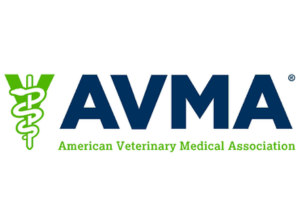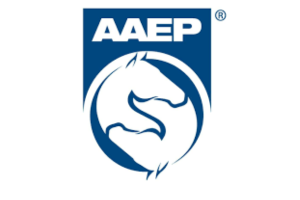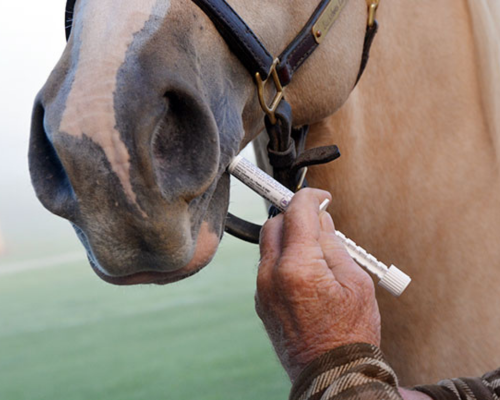Deworming
Commonly used strategies for parasite control in adult horses are based largely on knowledge and concepts over 50 years old. However, much has changed in this time, necessitating a re-examination of recommendations for parasite control.
Deworming
To ensure the well-being of our equine patients, we must take on the critical responsibility of uncovering the hidden dangers posed by internal parasites, as they can significantly impact horses’ health.
DESIGNING A DEWORMING PROGRAM
There is no single deworming program that suits all horses and all situations. The ideal program for your horse(s) depends on the number and ages of the horses on your farm, pasture management, and geographic location. It is best to have your regular veterinarian help you devise an appropriate deworming program for your horse or farm.
MONITORING
Having your veterinarian perform fecal egg counts to determine the amount of egg shedding that your horse has is important. This information will help ensure that the dewormers that are being used are effective and also help determine the frequency of deworming necessary to keep your horse healthy. The outlay of time and money will be well worth it.
A COMPLETE MANAGEMENT PROGRAM
Chemical control using dewormers is just one part of a complete parasite control plan. As parasites are primarily transferred through manure, good management is essential. Some of the procedures listed below can help reduce parasite burdens:
- Keep the number of horses per acre to a minimum to prevent overgrazing and reduce pasture contamination with parasite eggs and larvae
- Pick up and dispose of manure regularly (at least twice a week during the warmer seasons, even in dirt or sand yards)
- Do not spread manure on fields to be grazed by horses; instead, compost it in a pile away from the pasture before spreading it out
- Mow and harrow pastures periodically to break up manure piles and expose parasite larvae to the elements (larvae can survive freezing, but they cannot tolerate extreme heat and drying for very long)
- Use a feeder for hay and grain rather than feeding on the ground
Regional Vaccine & Worming Recommendations:
Strangles Vaccine: Discuss this vaccine with your veterinarian to determine your horse’s risk.
Deworming should be performed on every horse 2–6 times yearly, depending on your risk factors.
We highly recommend Equimax (for tapeworms) at least once yearly. Eqvalan and Quest are very effective but should be alternated with products such as Strongid Paste or Panacur. Mares and foals should both be dewormed with a Strongid Paste at ten days of age.
For Foals: Discuss a foal vaccination program with your veterinarian with respect to your operation.
For Pregnant Mares: Pregnant mares should be vaccinated with Pneumabort K1b at 5, 7, and 9 months of pregnancy to help prevent viral abortions. They should be vaccinated with a 4-way, Rabies, WNV, and dewormed with Strongid Paste about four weeks before foaling. This helps to ensure that the immunity from the mare is passed on to the foal in her colostrum. Mares and foals should both be dewormed with a Strongid Paste at ten days of age.



